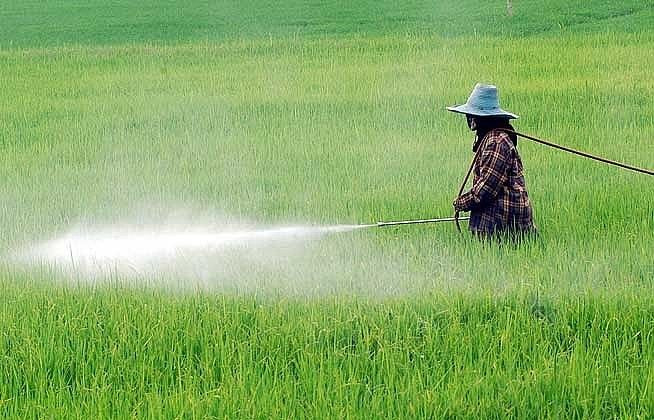Impact of Egypt, Tunisia Unrest on Fertilizers

Credit Suisse said the civil unrest in Egypt and Tunisia could have positive implications on nitrogen and phosphate prices, as Egypt is a key supplier of urea while Tunisia is a major supplier of phosphate rock and fertilizer products.
The potential for the turmoil to spread to other countries in the Mideast would also have significant implications on global supply, said Elaine Yip, an analyst at Credit Suisse.
Positive for Nitrogen Prices
Egypt accounts for roughly 3 percent of global urea production and 8 percent of global urea exports. Supply concerns could firm up the market and help stabilize prices (which had started to soften recently in Eastern Europe, Egypt, and the U.S. Gulf).
According to Profercy, production in Egypt has not yet been impacted but loading has slowed. The Middle East makes up an additional 9 percent of global urea capacity and 33 percent of global urea exports.
Positive for Phosphate Prices
Egypt accounts for 2 percent and Tunisia accounts for roughly 4.4 percent of global phosphate rock capacity.
FMB Group has reported that Tunisian rock deliveries have been impacted due to rail disruptions and could impact finished phosphate fertilizer production, and Groupe Chimique Tunisien may look to bring forward its scheduled maintenance at one of its DAP units.
This could further tighten what is already a very tight market (as of the end of December, North American Diammonium phosphate (DAP) inventories were 41 percent below the 5-year average). The Middle East makes up an additional 8 percent of global phosphate rock capacity, said Elaine Yip.
Mixed for Grain Prices
Crop prices fell on Friday on concerns that the turmoil could slow Egyptian grain purchases. Egypt accounts for roughly 5 percent of global corn imports, 2 percent of global soybean imports, and 8 percent of global wheat imports.
However, Credit Suisse believes that growing concerns over global food supply will continue to support grain prices. To prevent unrest from spreading to other regions, Credit Suisse expects governments to take actions to ensure sufficient food supply and curb domestic food inflation.
Just over the past week, Credit Suisse has already seen Russia and Indonesia suspend import duties on grains and other food-related items which should help to support global grain demand.
© Copyright IBTimes 2024. All rights reserved.





















